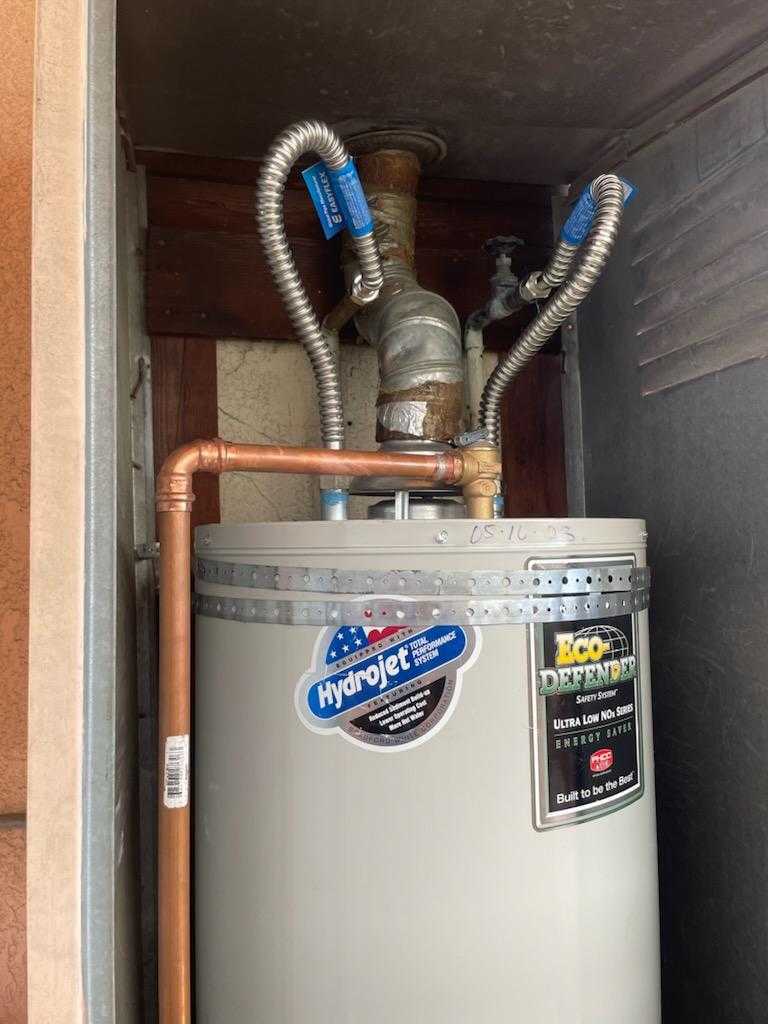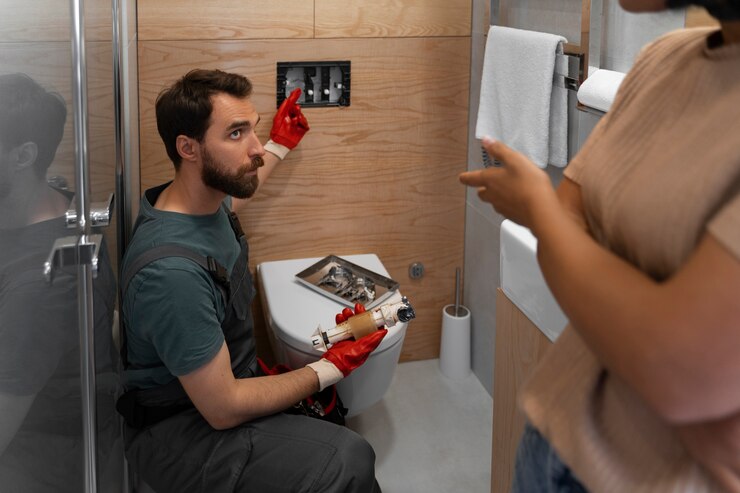Water Heaters & Tankless Water Heaters
Which is Right for Your Home?
When it comes to choosing a water heater for your home, you have two main options: traditional water heaters and tankless water heaters. Each type has its own set of advantages and considerations. This guide will help you understand the differences, benefits, and potential drawbacks of both to make an informed decision.
Traditional Water Heaters
1. What is a Traditional Water Heater?
A traditional water heater, also known as a tank water heater, stores a large volume of hot water in a tank. These units are designed to keep a reserve of hot water available for immediate use.
2. Benefits of Traditional Water Heaters
3. Drawbacks of Traditional Water Heaters
Limited Supply: Once the tank’s hot water is used up, you’ll need to wait for it to reheat.
Energy Inefficiency: The tank constantly heats water, which can lead to higher energy bills.
Space Consumption: Requires a significant amount of space for installation.


Tankless Water Heaters
1. What is a Tankless Water Heater?
Tankless water heaters, also known as on-demand water heaters, heat water directly without the need for a storage tank. They provide hot water only when needed, which can lead to substantial energy savings.
2. Benefits of Tankless Water Heaters
Choosing the Right Water Heater for Your Home
1. Evaluate Your Hot Water Needs
Consider how much hot water your household uses on a daily basis. If you have a large family or use hot water for multiple purposes simultaneously, a traditional water heater may be more suitable. For smaller households or if you want to maximize energy savings, a tankless model could be a better choice.
2. Consider Energy Efficiency
Think about your long-term energy costs. While tankless water heaters have a higher upfront cost, their energy efficiency can lead to lower monthly utility bills over time.
3. Assess Space and Installation Requirements
Evaluate the available space for installation and whether any modifications will be needed. Tankless water heaters are more compact but may require additional upgrades to your home’s plumbing and electrical systems.
